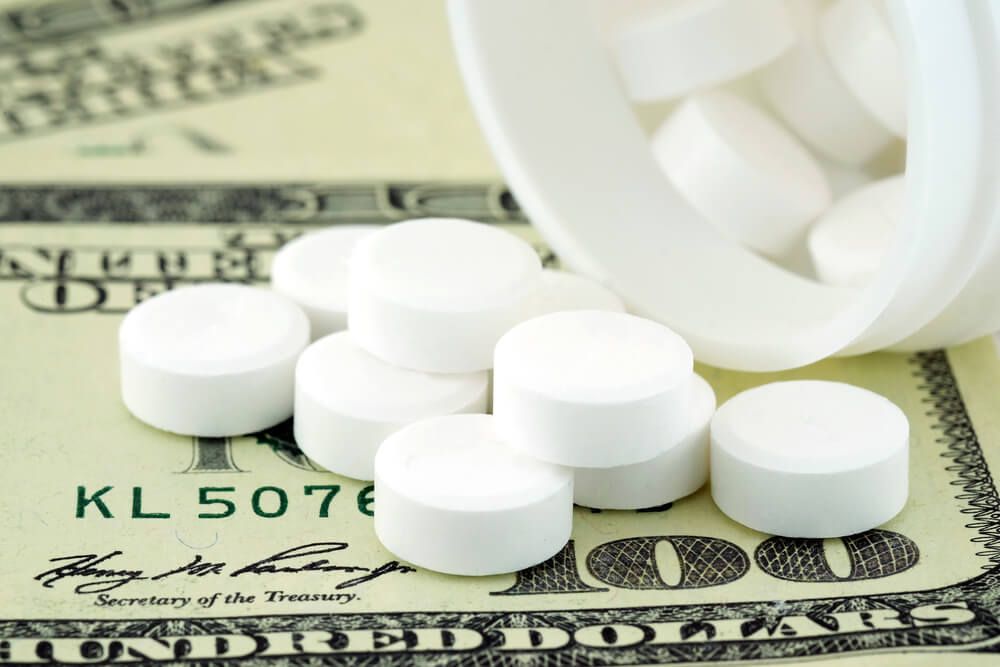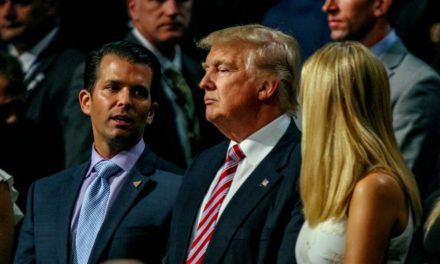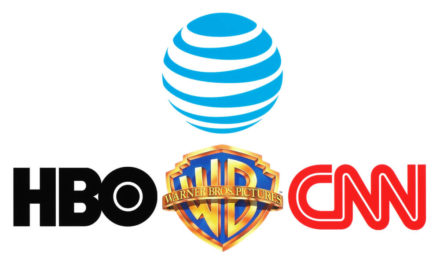Drawing from their personal experiences, senators on Tuesday chastised drug company executives over the high cost of prescription drugs, as the company officials cautioned that heavy-handed congressional action could jeopardize medical breakthroughs going forward.
Tuesday’s Senate Finance Committee hearing marked the first time lawmakers have called the industry’s top executives to account for rising prices, which are a drain on Medicare and Medicaid and a burden to millions of Americans. The extraordinary public accounting was a sign that Congress and the White House are moving toward legislation this year to curb costs.
Sen. Johnny Isakson, R-Ga., who has Parkinson’s, said the cost of one of his longtime medications had jumped by $90 when he went to refill it recently. “I can’t explain it,” said Isakson, who credited prescription drugs for allowing him to keep working.
Committee Chairman Chuck Grassley, R-Iowa, said Congress intends to respond to the drug price problem in a “measured and effective way,” while New Jersey Democrat Bob Menendez issued what he called “a friendly warning.”
“It’s time to be proactive,” Menendez said. “Because if you don’t undertake meaningful action to reduce pharmaceutical costs, policymakers are going to do it for you.”
The CEOs said drug development is a risky and costly undertaking and that prices reflect investment in research and development.
Merck CEO Kenneth Frazier warned that “outrageous solutions” to drug costs could sacrifice industry innovation. It’s a longstanding industry argument used to defend prices on everything from high-tech cancer drugs to diabetes medicines.
And Sanofi CEO Olivier Brandicourt said using government “price controls” would not be enough to make medicines affordable for patients.
Sen. John Cronyn, R-Texas, expressed disbelief that drugmaker AbbVie maintains more than 130 patents on Humira, its blockbuster medication to treat rheumatoid arthritis and other diseases linked to immune system problems. That could ward off generic competition for decades, he said.
“At some point that patent has to end so that the patient can get access to that drug at much cheaper a cost,” Cronyn said.
Drug costs are squeezing Americans in a number of ways: New medicines for cancer and other diseases often launch with prices exceeding $100,000 per year even as employers are shifting more pharmacy costs onto workers. Less expensive drugs for common ailments like diabetes and asthma often see price hikes of around 10 percent annually. Meanwhile, some drugmakers have been buying up once-cheap medicines and hiking prices by 1,000 percent or more.
In addition to Merck, Sanofi and AbbVie, other companies represented at the hearing include AstraZeneca, which makes the cholesterol drug Crestor, Bristol-Myers Squibb, maker of the blood thinner Eliquis; Johnson & Johnson, maker of Xarelto to prevent blood clots; and Pfizer, maker of Lyrica for nerve pain. The drugmakers have collected tens of billions of dollars from government programs in recent years.
Democrats say it’s time for Medicare to leverage its purchasing power and directly negotiate prices with the industry, a step most Republicans oppose.
The pharmaceutical industry is one of the most powerful lobbies in Washington. Drugmakers’ top lobbying arm, the Pharmaceutical Research and Manufacturers of America, spent a record $27.9 million last year to sway federal decision-makers, according to records tallied by the nonprofit Center for Responsive Politics.
But Tuesday’s hearing seemed to mark a change in direction. President Donald Trump’s recurring blasts at drugmakers appear to be closer to finding a pathway to legislation.
Drugmakers pointed a finger at other industry players, including middlemen called pharmacy benefit managers, who bargain on behalf of insurers and employers. Rebates paid to middlemen help assure favorable treatment for a medication on an insurer’s list of covered drugs and help keep premiums lower.
But the rebates are not passed on to consumers who use the particular medication, and they can face high co-pays based on the drug’s list price, not the discounted one. Experts say rebates can also create an incentive to keep raising list prices.
While list prices are going up, some of the CEOs said the net prices their companies receive after discounts and rebates are stable or sometimes declining.
Grassley seemed skeptical of the drugmakers’ argument that high list prices are not really part of the problem.
“For a patient taking a drug that has no competition, the list price is meaningful,” he said.
The companies offered solutions of their own, some of which echo proposals from the administration or by lawmakers. Among them:
- Allow patients to share in rebates when they buy their medication, a policy proposed by the Trump administration.
- Place a hard limit on cost-sharing and copays for Medicare beneficiaries in the popular Part D prescription program, a change supported by Sen. Ron Wyden, D-Ore.
- Make greater use of value-based contracts that tie payments for a medication to how well it delivers results.
- Promote the introduction of lower-cost generics and biosimilars, competition that brand manufacturers are often accused of impeding.
© The Associated Press. All rights reserved.




